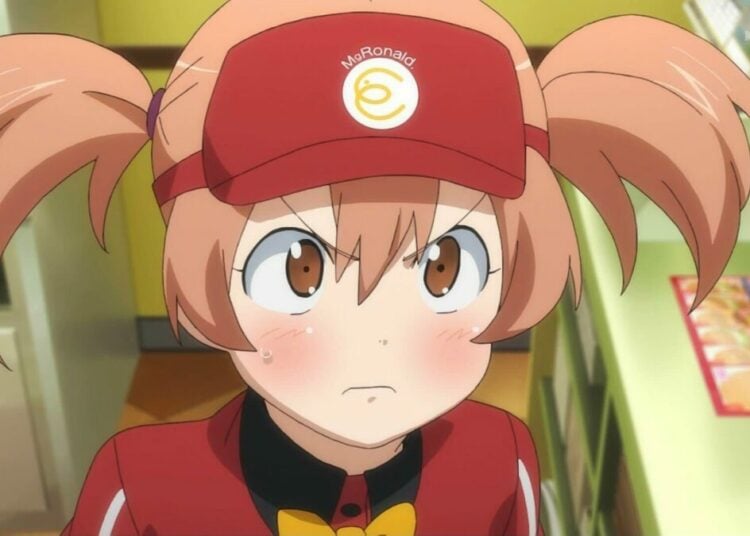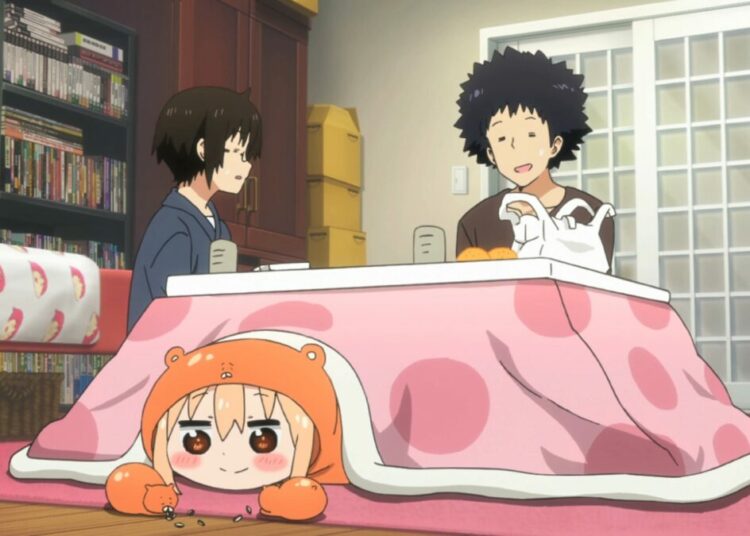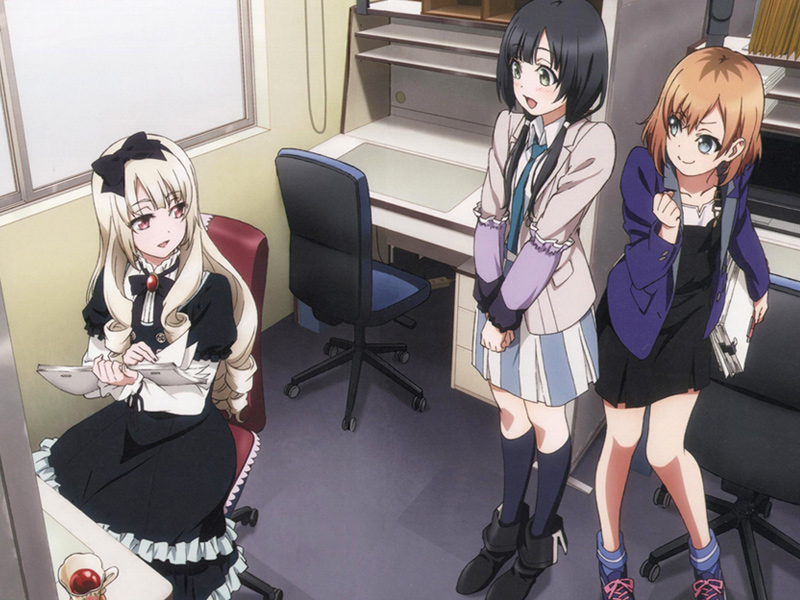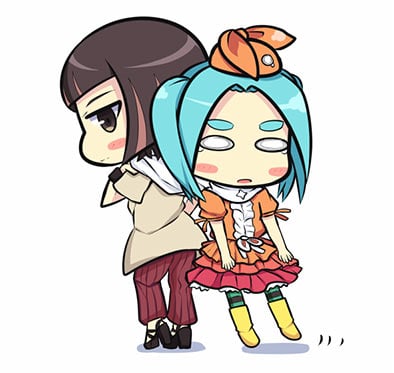I saw a report that Japan had fallen to 101st out of 135 countries with regards to gender equality, dropping from 98th place last year. The gender equality ranking is based on four factors with regards to women in society — economic participation and opportunity, educational attainment, health and survival, and political empowerment — and Japan was ranked at the bottom of all G-8 countries, after Italy (rank 80). It’s difficult to know how to feel about Japan’s low ranking, below Azerbaijan (99) and only a few points ahead of Cambodia (103), India (105) and Kuwait (109).
On the one hand, Japan is still a largely male-dominated country in which males hold most powerful government posts and corporate jobs. On the other hand, Japan’s women are extremely well educated, and have a large array of potential economic and political choices open to them — including pausing their working years to raise kids before returning later if they so choose — and enjoy the longest lifespans in the world. True, when I first came to Japan I was surprised to see job listings for “female, age 30 and below” printed in the newspaper, and my wife’s first job back in the 80s mostly involved memorizing how each male employee of her company took his green tea, but those days are gone. The long recessions of the past two decades have helped Japan move forward with regard to equality, too: when we started J-List back in 1996, a company with a female president (my wife) would have been a rarity in our rural corner of Japan, yet now as she does business with bankers and accountants there’s nary a raised eyebrow from anyone. In the end, I believe there’s too much of a cultural gap between Scandinavian countries (at the top of the equality ranking) and Japan for any ranking to really be meaningful. So what do you think? Is Japan a terrible place for women or a pretty good place for them?
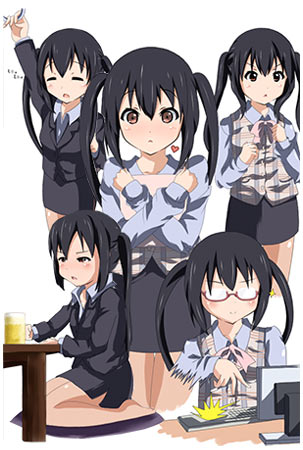
Does Japan deserve its low equality ranking?


